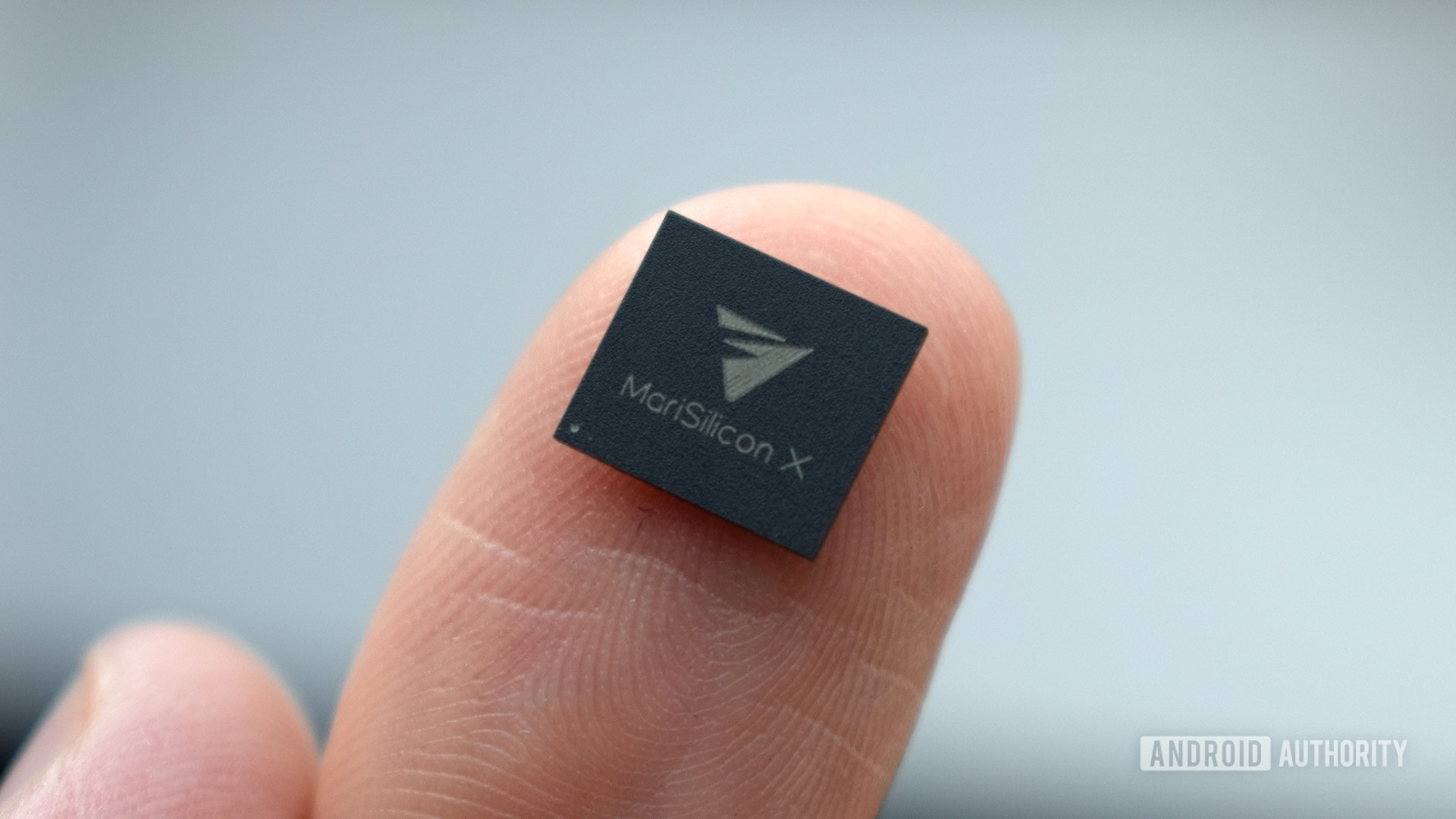Affiliate links on Android Authority may earn us a commission. Learn more.
No more MariSilicon? OPPO is shutting down its custom chip unit.
May 12, 2023

- OPPO has confirmed that it’s shutting down its chip design unit.
- The company cited “uncertainties” in the global economy and smartphone landscape.
- The firm added that the change won’t affect devices already using the MariSilicon X chip.
OPPO got into the custom chip game in 2021 when it announced the MariSilicon X imaging NPU, shipping in the Find X5 series and several other handsets. The company followed up with the MariSilicon Y Bluetooth audio chip, but there’s some bad news for the firm’s chip design efforts.
OPPO confirmed to Android Authority that it’s shutting down its ZEKU chip design unit, responsible for the manufacturer’s custom chips.
Due to the uncertainties in the global economy and the smartphone industry, OPPO has to make difficult adjustments for long-term development. Therefore, the company has decided to cease the operation of ZEKU.
The confirmation comes after reports that the chip design unit was being shuttered.
What does this mean for future phones?
“This change will not affect devices that (are) already using the MariSilicon X,” the company told us in response to an emailed query. That presumably also means that any upcoming devices set to integrate the MariSilicon X chip can still make use of it.
We’re guessing this closure means we won’t see new MariSilicon chips, though. We’ve asked the company to clarify what this news means for its future in-house chips but we weren’t able to get an answer just yet.
OPPO heavily leaned on the MariSilicon X chip in particular, integrating the chip into its Find and Reno lines of smartphones. The hybrid AI/imaging chip delivered more powerful noise reduction, resulting in better low-light photos and videos. The chip also supported real-time viewfinder previews and improved 4K HDR video. We nonetheless thought the MariSilicon-enabled Find X6 Pro delivered fantastic images in our short time with the device. So it certainly seems like OPPO was on to something.
The news also comes as brands such as Google, vivo, and Xiaomi all adopt custom chips for imaging and/or machine learning in a bid to differentiate themselves.